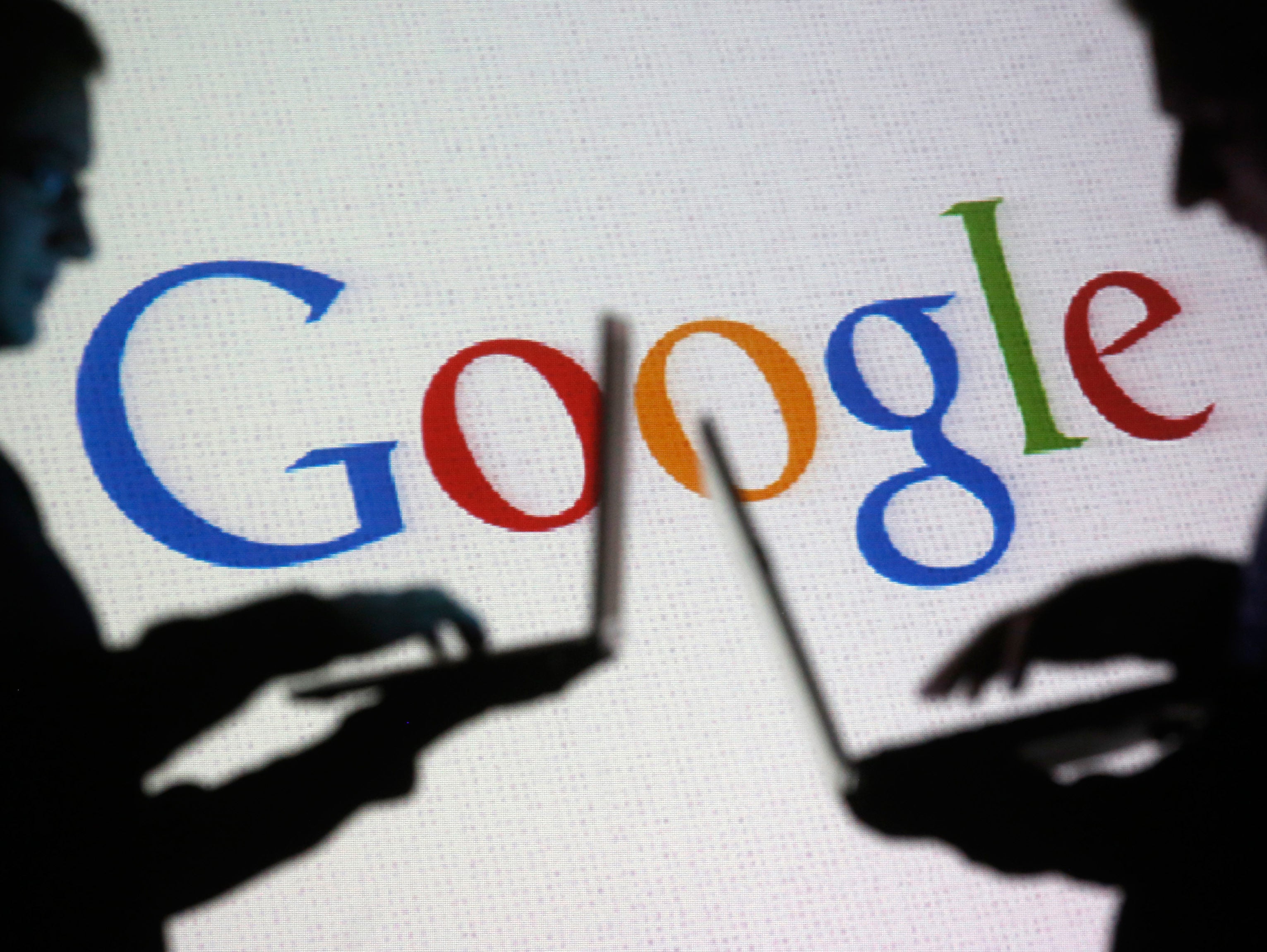
Google has changed its search engine algorithms globally to keep original reporting at the top of results for longer.
The tech giant revealed yesterday that it has also changed guidelines for its 10,000 search quality raters, whose feedback leads to algorithm tweaks.
It is now instructing them to give the highest quality rankings to stories they identify as “significant” original reporting.
Google said the changes would allow scoops to be seen by more people and give readers a chance to see where the latest news originated.
The update will move focus away from Google’s past tendency to promote only the “latest and most comprehensive version” of a story. Follow-up stories will still feature alongside original reporting in the rankings.
Google vice president for news Richard Gingras wrote in a blog: “An important element of the coverage we want to provide is original reporting, an endeavor which requires significant time, effort and resources by the publisher.
“Some stories can also be both critically important in the impact they can have on our world and difficult to put together, requiring reporters to engage in deep investigative pursuits to dig up facts and sources.
“These are among the reasons why we aim to support these industry efforts and help people get access to the most authoritative reporting.”
Google has not given an “absolute definition” of original reporting but Gingras said its efforts would “constantly evolve as we work to understand the life cycle of a story”.
The guidelines for Google’s search raters says original reporting “provides information that would not otherwise have been known had the article not revealed it”.
Raters have also been asked to consider whether a publication has received recognition for original reporting.
Their guidelines state: “Many other kinds of websites have reputations as well. For example, you might find that a newspaper (with an associated website) has won journalistic awards.
“Prestigious awards, such as the Pulitzer Prize award, or a history of high quality original reporting are strong evidence of positive reputation.”
Mail Online saw its non-brand search traffic from Google halved in June after an algorithm change, giving it a “significant” revenue hit.
The website’s publisher DMG Media said in its submission to the Competition and Markets Authority’s investigation into the digital advertising market that a Facebook or Google algorithm change could be likened to “WH Smith deciding that on Royal Wedding Day readers of the Daily Mail are given the Telegraph, and during the World Cup Sun readers get the Guardian”.
Google has offered funding to the news industry over the last few years, primarily through its Digital News Innovation fund, following criticism of its dominance of the digital ad market alongside Facebook.
Research firm Emarketer has forecast that the companies will together take 63.3 per cent of all UK digital ad spend this year.
The News Media Association, a trade body representing publisher, called on the Duopoly to reveal how much money they “extract” from the news industry last month.
Picture: Reuters/Dado Ruvic/File Photo
Email pged@pressgazette.co.uk to point out mistakes, provide story tips or send in a letter for publication on our "Letters Page" blog
